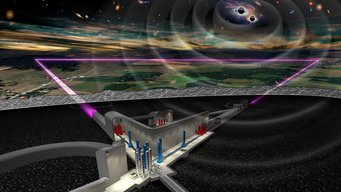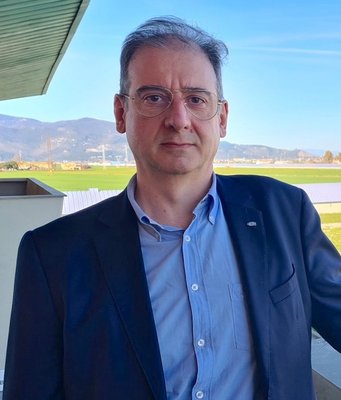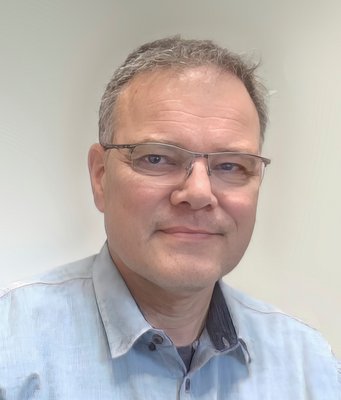Einstein Telescope Scientific Collaboration leadership elected
Michele Punturo (INFN) and Harald Lück (Leibniz University Hannover) to serve as coordinator and vice-coordinator, respectively
Michele Punturo, a researcher at INFN Perugia division, and Harald Lück, a researcher at the Institute for Gravitational Physics of Leibniz University Hannover and the Max Planck Society, will serve as coordinator and vice-coordinator, respectively, of the Einstein Telescope (ET) Scientific Collaboration. The announcement was made today by the ET Scientific Collaboration, which brings together universities and research institutes, including the Max Planck Institute for Gravitational Physics (Albert Einstein Institute) and Leibniz University Hannover, involved in the design and construction of a third-generation European gravitational-wave observatory. The ET project is included in the ESFRI European Strategy Forum on Research Infrastructure 2021 Roadmap; the European strategic forum selects major research infrastructures to be funded at a European level.
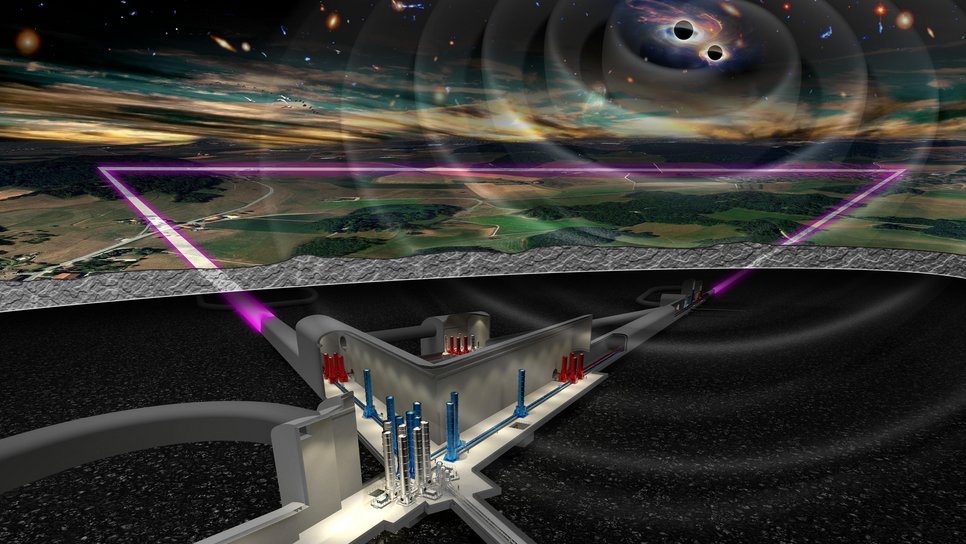
The two appointments confirm the choices already made in June 2022 by the international ET Scientific Collaboration, which, at its foundation, entrusted Michele Punturo and Harald Lück with coordination roles. Punturo and Lück and their institutions have co-initiated the efforts for a European third-generation gravitational-wave observatory and have decades of experience in the field.
One of the first tasks for the two spokespersons is organising the Collaboration's working groups. These working groups will conduct research and development activities in various areas, from the study of the technologies necessary for ET to the computing infrastructure, from observational science to the characterisation of candidate sites to host the observatory.
“We are honoured to have been elected to lead the ET Scientific Collaboration in these exciting times,” say Michele Punturo and Harald Lück. “Our election testifies to the importance of the work done so far by the entire Einstein Telescope community and will certainly be an incentive to intensify efforts towards the realisation of the Einstein Telescope in the coming years.” Punturo and Lück add, “The Einstein Telescope is an important opportunity for Europe. Its design and innovative technologies will vastly increase the number of observable gravitational signals and improve our understanding of their sources. This new infrastructure will be a flagship for scientific and technological research in this promising area of fundamental physics.”
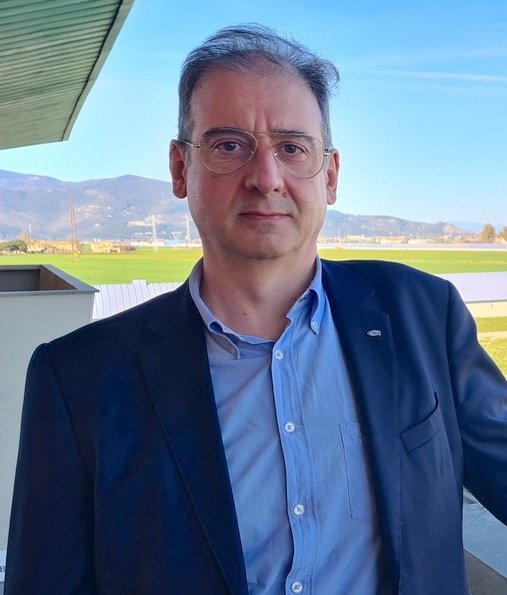
Michele Punturo is a research director at the Italian National Institute for Nuclear Physics. He started his career at CERN, dealing with measurements dedicated to the verification of CP symmetry violation. In 1994 he joined the Virgo Collaboration, contributing to the construction of the first European gravitational-wave detector. In the following years, he held roles of responsibility and coordination of activities related to data collection campaigns and updates of Virgo. In Europe, he was among the first promoters of initiatives aimed at designing and building a third-generation European gravitational-wave observatory, later merged into the Einstein Telescope, within which he coordinated the commissions and working groups responsible for project development and submission of the proposal for its realization to the European Commission and the European Strategic Forum for Research Infrastructures (ESFRI).
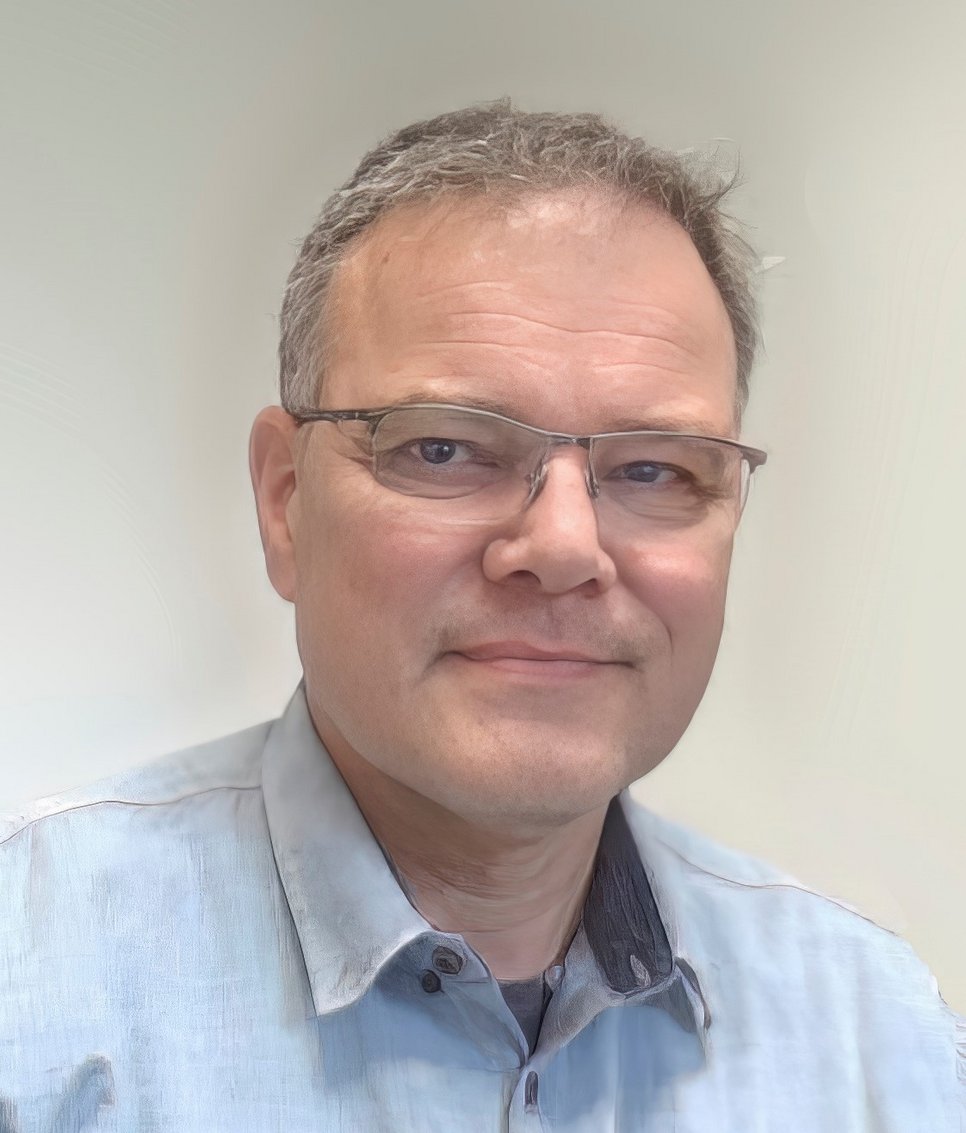
Harald Lück is a lead scientist at Leibniz University Hannover and at the Max Planck Institute for Gravitational Physics (Albert Einstein Institute) in Hannover. From 1993 to 1997, he contributed to the design and led the construction and subsequently data collection activities of the German gravitational-wave detector GEO600, located near Hannover. Lück is well connected in the international gravitational-wave community and has a long history in the installation of lasers and squeezed light sources in ground based gravitational-wave interferometry. Starting in 2004, together with Michele Punturo, he coordinated the development of the initial proposal for a third-generation gravitational-wave observatory and for the submission, in 2007, of the ET project to the European Commission. In the following years, he was co-responsible for the activities carried out within the project and, in 2021, helped create the ET Scientific Collaboration.
